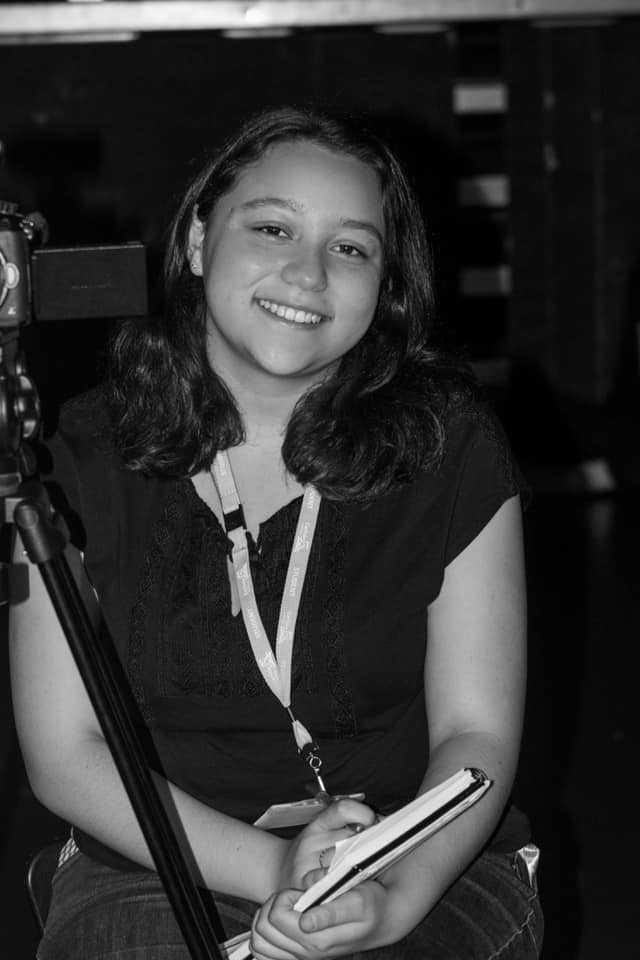Internalized biphobia, homophobia or transphobia is where you internally harbor hatred, fear or disbelief against how you identify. But this phobia can cause you a lot of struggle and pain because you may become so unsure of yourself. I don’t deal with internal biphobia well, but I’ve created some methods to help. I am sure some can adapted to help you with whatever you’re internally phobia-ing.
1) Engulf yourself in positivity
I know how patronizing positivity can be when you’re feeling down, but actually I have found some things that are really useful; even just on a daily basis to have these validate you and show how to cope with it better. So, first and foremost, read some of my articles. Although I write about my own experiences, I think that a lot of bi people could relate to my articles. So, reading a couple may help. Also, follow Bi-positivity on your social media. My Tumblr is just basically LGBTQ+ positivity or advice which a bit of scrolling through every day just helps to believe in myself. Some blogs I recommend on Tumblr are ‘Ask a Bisexual’, ‘Bi-Positive’, ‘Letters to lgbt kids’, ‘LGBT+ Positivity’, and my personal favorite ‘LGBT+ Moodboards’. These are always very good, take messages and reply as much as possible. Just make sure that you quickly scroll through any pages before following, there are some which advertise positivity but never prove it.
I also recommend a couple of YouTube channels. Melanie Murphy makes some lovely videos on sexuality and though they are rare, they are worth watching (link to latest one :https://www.youtube.com/watchv=POTYJD3quD8&index=1&list=PLEOdtoJghxaIes0rPtAfFQjspHop4QurJ5). Also, I love Rosie’s Bi-sexy series, where she talks about her bisexuality, often with her wife – Rose – who are always entertaining and relatable (link here: https://www.youtub2
e.com/watch?v=MKMUiAJqyJM).
2) Normalize Saying ‘Bisexual’ Out Loud
You need to get comfortable with saying it out loud. That’s something that you need to do so you can used to saying the word out loud when you talk to people. So, the way I like, and I have most certainly done, is come out to you, constantly, in the mirror. So, look at your reflection in the mirror, and come out. You’ll feel ridiculous and you’ll smile but look at the beautiful person reflected back, and concentrate on the fact that you are coming out to them. It makes it a bit easier to cope with if you do it. I did it so many times before I came out. And when I was in the bathroom in a café the day I came out, I looked at me in the mirror, and told her I was bi and out. It was a wonderful liberating moment to have – though it was in a slightly grubby café bathroom.
3) Positive Role Models
Have LGBTQ+ role models
Frankly, I don’t actually know many, I wish I knew of more but I’m not someone who knows lots about modern celebrities and such, so chances are you’re probably more aware of the ones that exist than I am. One I know of that is bi is Billie Joe Armstrong from Green Day as my best friend is a huge fan of his. Though I don’t really have LGBTQ+ role models, I do pick idols that are supportive of the community and when my favorite singers perform at Pride events it is always great to watch the videos. Also, my favorite singer of all time is very supportive of the community, which shows through her fan base (seriously the amount of lesbians I know from twitter, as they are fans of hers, is just INSANE).
4) Find A Fellow Bi
Try and meet someone who is Bi and make friends. This can happen through joining LGBTQ+ groups, or through the internet on blogs and forums and such. But being able to talk to someone who understands completely how you feel is amazing. My best friend is the most fantastic supportive person ever, but she is very very straight, so she doesn’t understand this level of gay. However, I have been very lucky to find make a lovely friend who is also very bi, which gives us both a space in which to be open and talk about what we think and feel. She makes great recommendations for LGBTQ+ films and series on Netflix as she has such an incredible huge knowledge in LGBTQ+ entertainment and keeps urging me to watch all sorts of stuff. But honestly, if you give yourself a space in which to very unapologetically bi, it is just easier to have someone to re-affirm how valid your sexuality is.
5) Talking to Someone Else Entirely
If you’re feeling like you don’t want to talk to anyone in your life, it’s worth reaching out to organizations who are equipped to deal with people like you. One I definitely recommend is Samaritans. This is a charity that has trained volunteers to help people in all sorts of situations for a variety of reasons – mental health, sexuality, stress, anything that might be troubling. What they do is that they give you someone to talk to and to just talk about what’s going on. You must keep in mind that they are unable to give you advice – it is not fair for them to help you, as all they know is what you say, and you don’t even have to tell them your name. I have actually rung up before, at a time where I was dealing with the return of some dark thoughts from when I was struggling with my sexuality, and I spoke to very kind old man (who sounded like Ian McKellan) who really helped me see things in perspective simply by giving me someone to speak to. He actually ever so slightly broke the rules by telling me that he is gay himself but he wanted me to know that he understood what I was feeling. Honestly, it’s worth it to just to talk things out – I have found that this is the best way for me and if you don’t believe anyone can help you, maybe you just need a different outlook.
Contact Samaritans: Phone – 116 123 (UK) [116 123 (ROI)] OR Email- [email protected]
OR Freepost RSRB-KKBY-CYJK, PO Box 9090, STIRLING, FK8 2SA
6) Listen to this song on repeat. And don’t stop.
Yes, this comes from the fact that I have been binge watching Crazy Ex-Girlfriend religiously for the past week. It is realistic and funny and well worth watching. Also, if you bear with for about half of series one, you get great Bi representation. On a lot of programs you get someone who obviously swings both ways, but the writers will claim they “don’t like labels”. Well, this show has an entire story line for one of the main characters, divorcing their opposite sex partner, discovering their bisexuality, dating the same gender, AND singing a song which debunks myths about Bisexuality. It also gives you a pun to use when someone asks how things are. Tell them you’re Getting’ BI!
https://www.youtube.com/watch?v=YUDab9piv_U

If you do ANYTHING today, make it at least listening to the last line!
Written By Rebecca Thompson – 16 year old, who has recently started writing about her experiences as a bisexual teen and mental health in the modern day world. More works: https://medium.com/@RebeccaThompsonM


